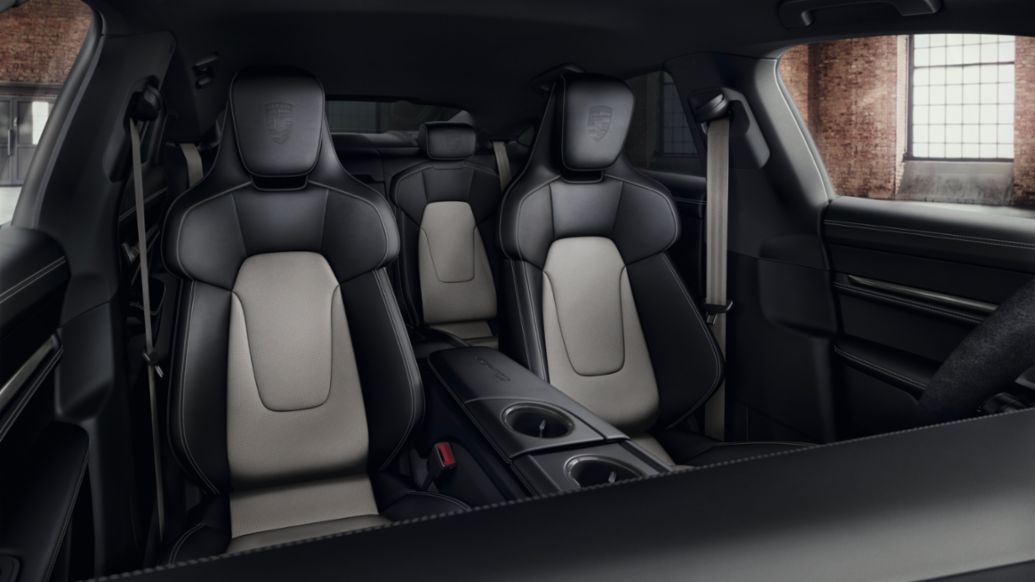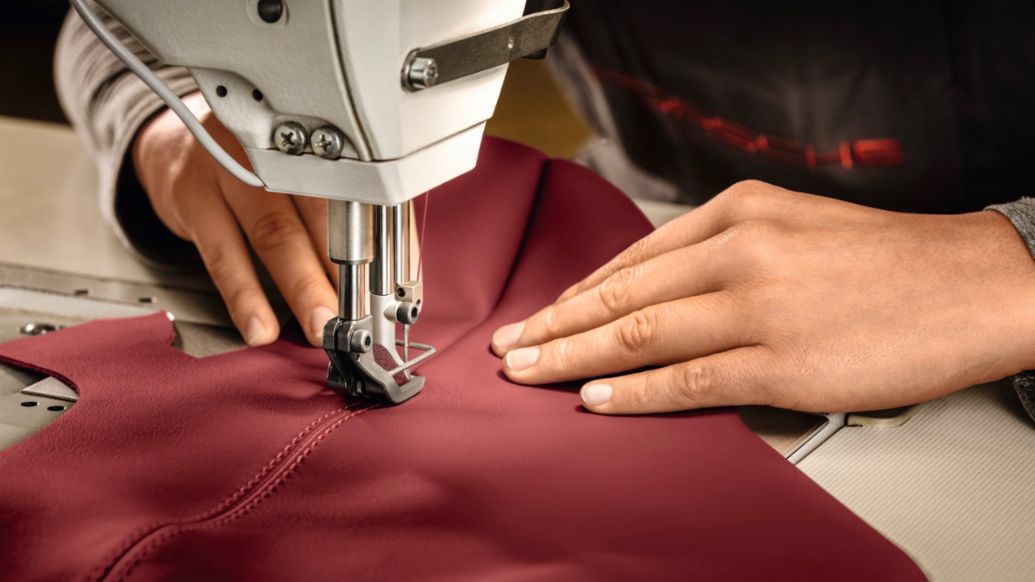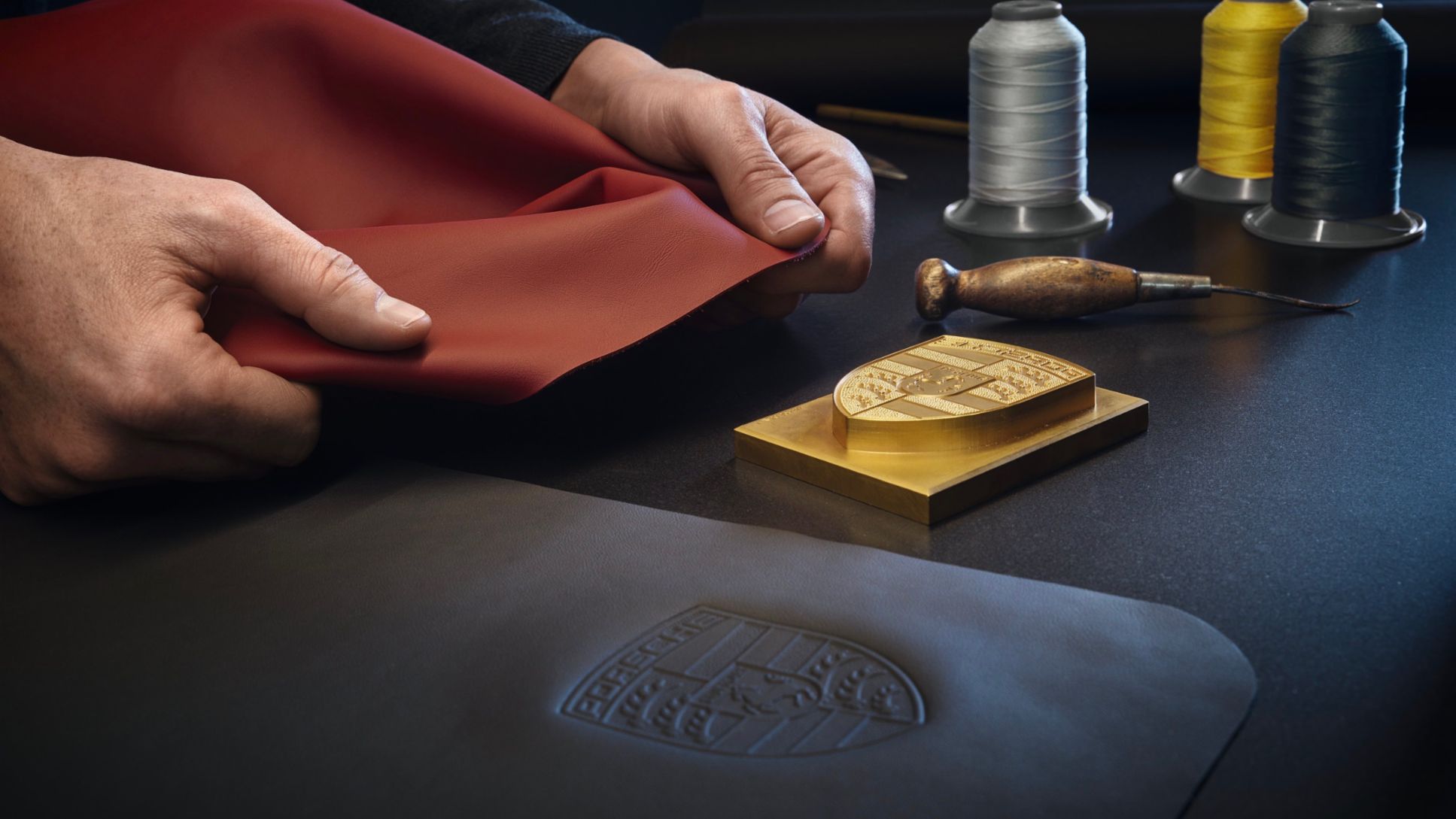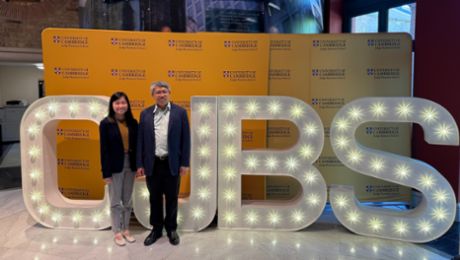LWG, based in the English city of Milton Keynes, is a non-profit organisation with around 2.000 stakeholders. It advocates transparency and universal environmental and social standards in the global leather supply chain. It also offers certification for leather manufacturers. More than a quarter of global finished leather production stems from LWG certified leather manufacturers. The stakeholders come from all sectors of the leather value chain: From manufacturers to suppliers and brands as well as associations.
“Leather is a mark of quality for Porsche customers. Together with our suppliers, we are committed to internationally accepted standards. The facilities in which our leather is manufactured is also important. They should receive certification from LWG,” says Barbara Frenkel, Executive Board Member for Procurement at Porsche AG.

“The Volkswagen Group is taking responsibility for sustainable and transparent supply chains. The accession of Porsche and the brands of the Volkswagen Group to LWG is an important step. The organisation’s expertise helps us become even more sustainable in our use of leather,” says Dirk Grosse-Loheide, Member of the Extended Executive Committee and Board Member for Procurement on the Volkswagen brand Board of Management.
“With supply chain traceability, companies can ensure that they are sourcing leather responsibly. This is at the heart of our efforts,” says Christina Trautmann, Head of Leather Working Group. “We look forward to the active participation of Porsche and the brands of the Volkswagen Group. With their support, we want to advance the development of tools and methods that can positively influence the leather industry.”

Porsche’s commitment to LWG is an expression of its ambition to shape a more sustainable and transparent supply chain. Together with the Volkswagen Group, the sports car manufacturer has analysed 16 raw materials, including leather. At the beginning of 2022, Porsche created material-specific specifications for leather. The specifications have been mandatory for all new contract awards for leather suppliers since April 2022. Among other things, they must disclose the country of origin of the raw material and be audited by external auditors against a leather-specific sustainability standard such that offered by LWG. Porsche thus obliges its suppliers to respect animal welfare and ensure responsible production and processing of leather. For example, there are strict criteria regarding water consumption. Suppliers must also prevent water contamination during the tanning process.
The Volkswagen Group provides annual information on its activities and progress in assessing and avoiding sustainability risks in the upstream supply chain in the “The Volkswagen Group Responsible Raw Materials Report”.


